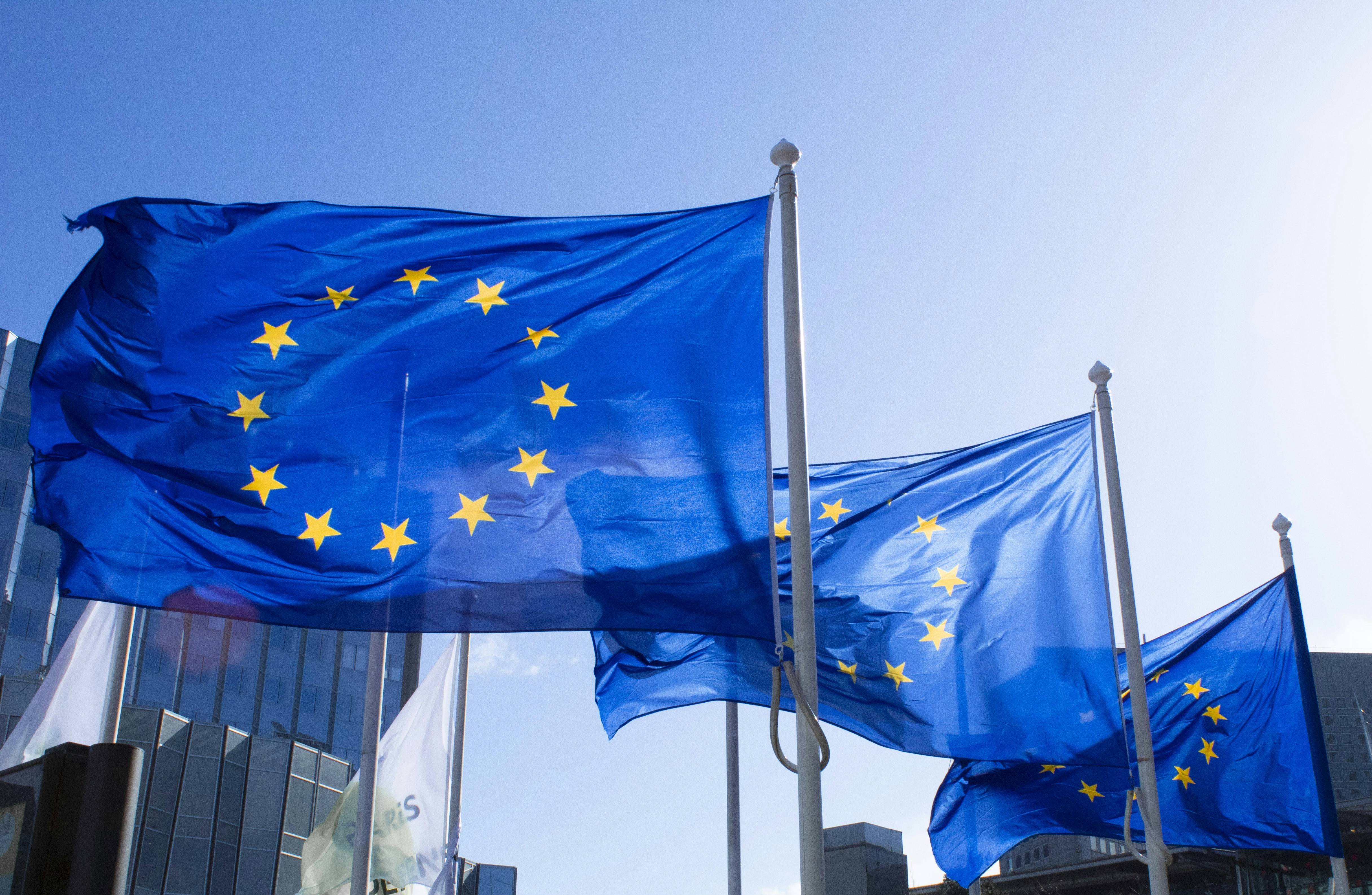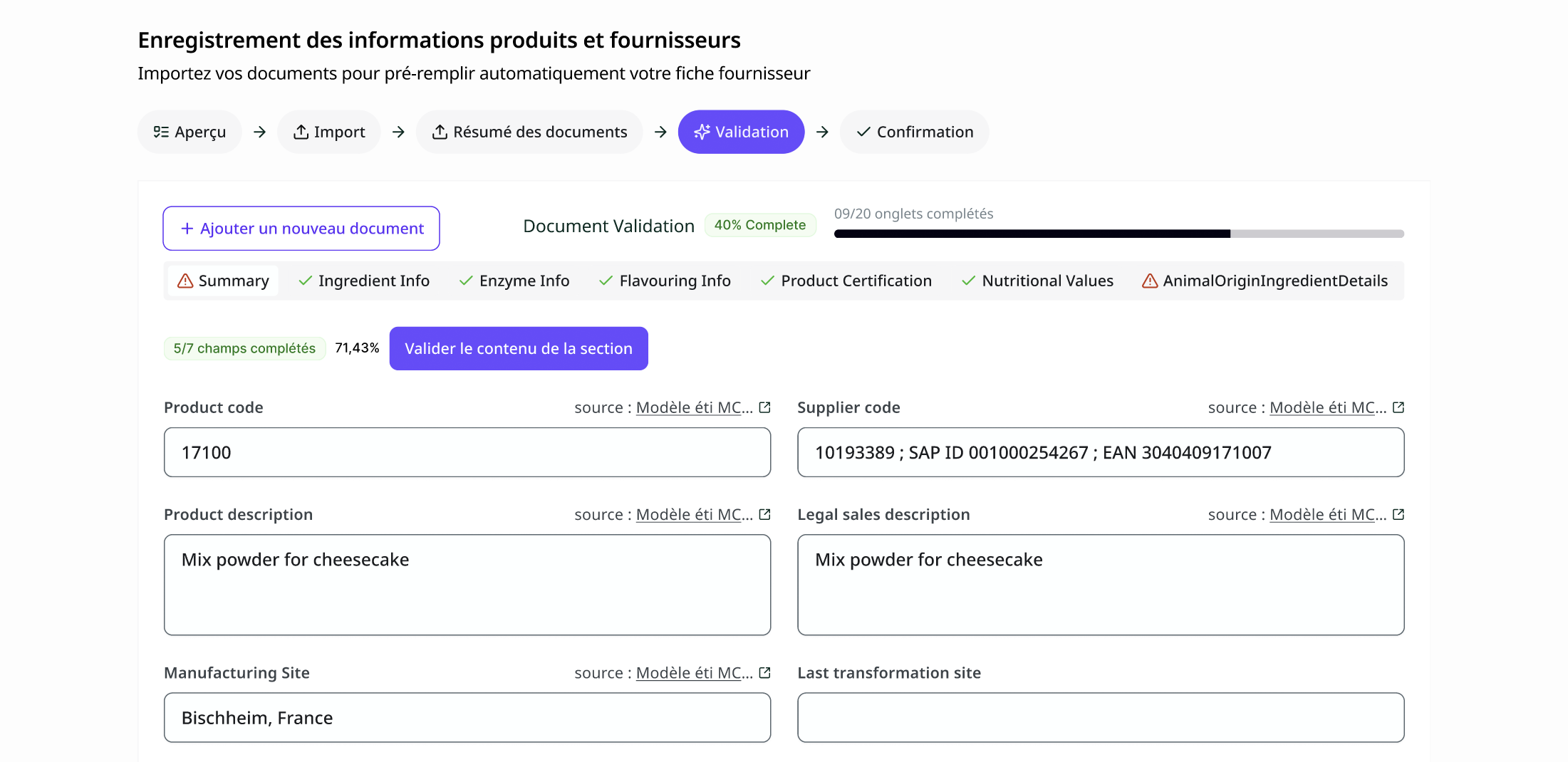Duty of vigilance
For several years, corporate social responsibility (CSR) has emerged as an essential pillar of the strategy of large organizations. In this context, the duty of vigilance has become a structuring legal framework, forcing companies to anticipate and prevent serious risks related to their activities, in particular in terms of human rights, the environment and health. But what does this duty of vigilance really consist of, and how should businesses comply with it?

The duty of vigilance: an ethical and legal imperative for businesses
What is duty of care?
The duty of vigilance is a legal obligation established in France by the law of 27 March 2017. It requires large companies with more than 5,000 employees (or 10,000 internationally) to develop, publish and implement a vigilance plan to prevent serious attacks:
- To human rights and fundamental freedoms
- To the health and safety of people
- To the environment
This obligation is not limited to the company's direct activities. It also extends to its entire value chain, including its suppliers, subcontractors and commercial partners, in France and abroad.
A responsibility that is part of the entire supply chain
To be in compliance, companies must set up a robust system for collecting and monitoring information from their partners. This means regularly requesting a set of documentary guarantees to verify the commitments and practices of suppliers.
On ethical processes and commitments:
- Vigilance plans already existing
- CSR policies (Corporate Social Responsibility)
- Internal codes of conduct applicable to the subcontracting chain
- Social and environmental audits
- Ethical commitments or charters of good conduct
These documents make it possible to assess the maturity of partners on ESG issues (environmental, social and governance) and to detect possible areas of non-compliance or risks.
On products and activities:
- Environmental and social impact assessments
- Sustainability certifications (type ISO 14001, B Corp, Ecocert...)
- Environmental or health risk analyses
- Certificates of compliance with local and international laws
These elements are essential to ensure that your suppliers' activities do not present major risks to the environment or fundamental rights.
The duty of vigilance: beyond compliance, a performance driver
While perceived as a regulatory constraint, due diligence can also become a competitive advantage. By increasing transparency and traceability, businesses can:
- Earning the trust of their customers, who are increasingly sensitive to ethical criteria
- Reduce their legal and reputational risks
- Encouraging sustainable and responsible innovation
- Improve their extra-financial rating (ESG)
Duty of care is no longer an option, it is a legal and moral obligation. Businesses that proactively comply will not only strengthen their resilience, but also their legitimacy in a rapidly changing world. Acting today means building an ethical, sustainable and responsible value chain for tomorrow.
Simplify your management
Free your teams from reminders and spreadsheets. Track your compliance in real time, at scale.






